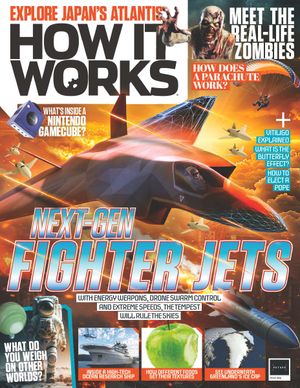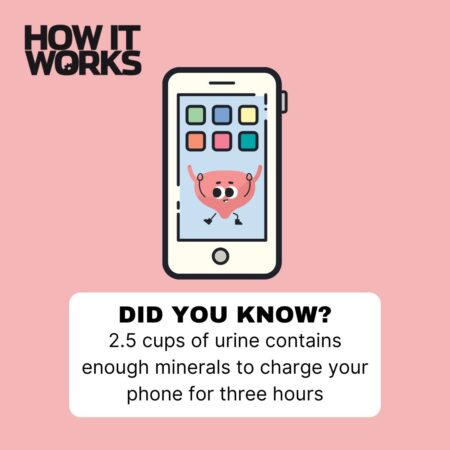Satellite navigation to become even more accurate
The problem
Have you ever been out on a road trip and your sat nav has sent you to a dead end or somewhere completely different to where you wanted to go? Well, this could soon be a thing of the past. The University of Nottingham has co-created the TREASURE project that will help make GNSS even more accurate. The theory is that by integrating more signals like the US GPS and the Russian GLONASS, accuracy and efficiency will be improved considerably. One of the aims for the project is to study how the Earth’s atmosphere, and in particular space weather, can affect how satellite navigation works. It’s well known that poor weather conditions can impair satellite positioning and the study is looking into ways of remedying this, especially in majorly disrupted areas at high latitude or equatorial regions. One thought is that the disruption is caused by water vapour in the troposphere.
The solution
The study is looking into ways in which problems like signal degradation can be addressed. This will be done through generating new error models to assess exactly what is causing the issues. This will be complemented by positioning algorithms and data assimilation techniques. If the four-year project is a success it will help a variety of transport industries. Many things like offshore drilling, agriculture, construction work as well as autonomous cars and drones will likely benefit from the increase accuracy of satellite navigation.
For more on satellite navigation, check out the below, a feature from way back in issue 1!

For more game-changing technology pick up the latest issue of How It Works. It’s available from all good retailers, or you can order it online from the ImagineShop. If you have a tablet or smartphone, you can also download the digital version onto your iOS or Android device. To make sure you never miss an issue of How It Works, make sure you subscribe today!




